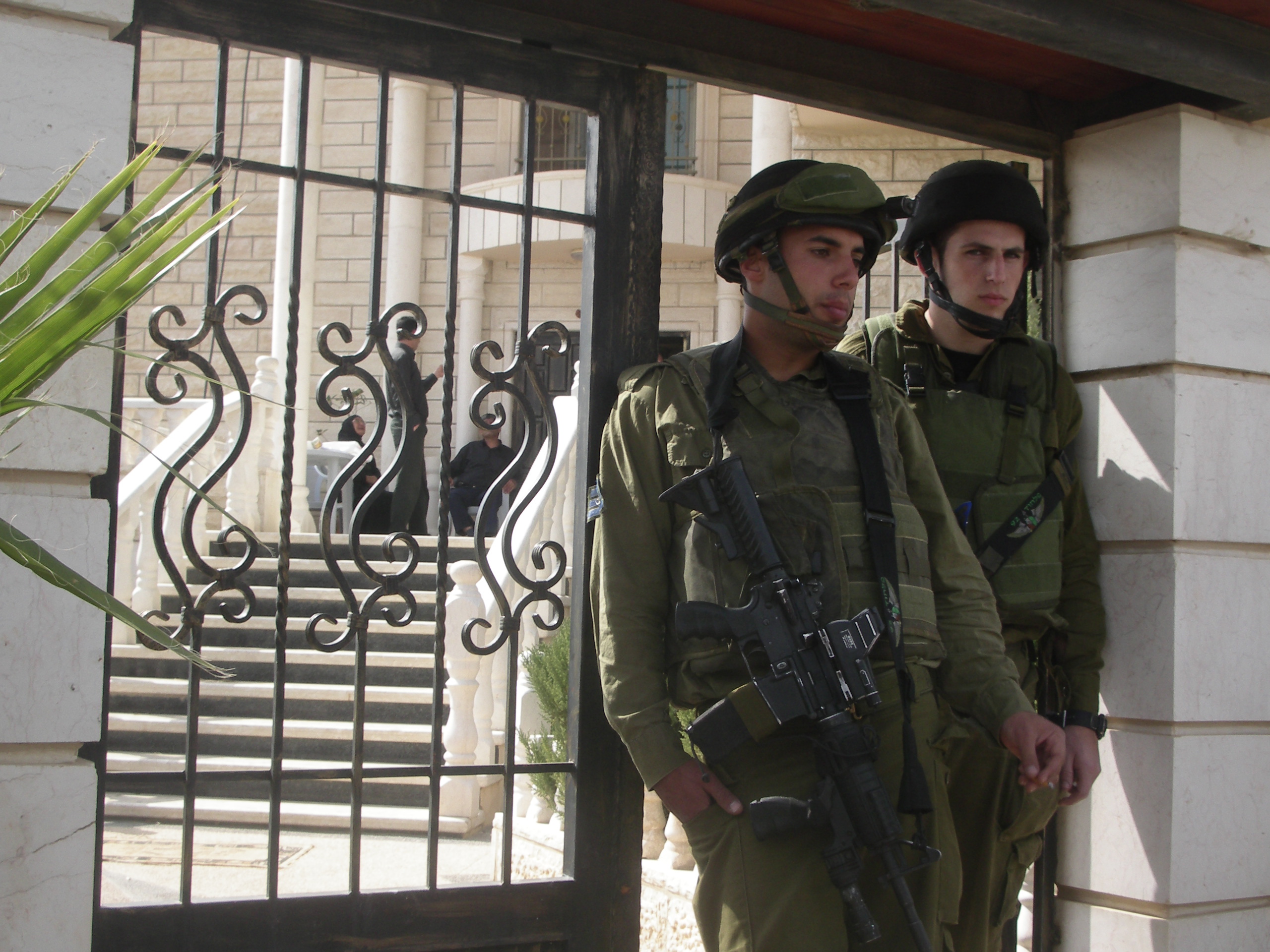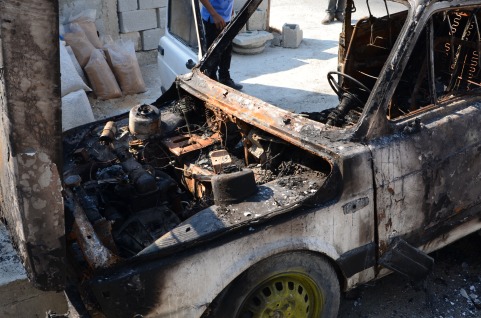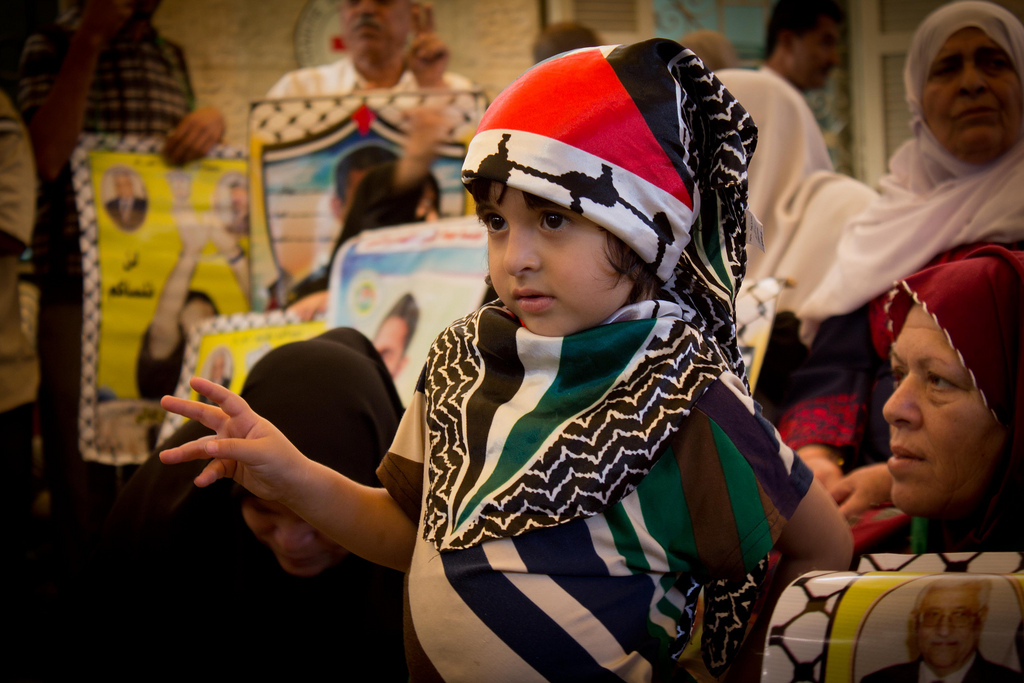Year: 2013
-
Israeli forces use excessive lethal force killing Palestinian civilian and wounding and arresting another in the north of the Gaza Strip
2nd October 2013 | Palestinian Centre for Human Rights| Gaza, Occupied Palestine In an excessive use of lethal force, on Monday, 30 September 2013, Israeli forces killed a Palestinian civilian, and wounded another one before arresting him, near the border fence, east of Beit Hanoun in the north of the Gaza Strip. According to investigations conducted…
-
Cars burnt by settlers in Huwwara
2nd October 2013 | International Solidarity Movement, Nablus Team | Huwwara, Occupied Palestine In the early hours of 1st October settlers from the settlement of Bracha set fire to two cars parked outside the house of Edrees Shehadeh in Huwwara. This attack forms part of a sustained campaign of intimidation against the village, which includes…
-
Photos: Detainees’ families and supporters hold weekly vigil in Gaza Red Cross
2nd October 2013 | International Solidarity Movement, Gaza Team | Gaza, Occupied Palestine On Monday morning, hundreds held a weekly sit-in in the International Committee of the Red Cross’ Gaza City office to support Palestinians detained by Israel. The regular gathering, which began in 1995 and has continued for nearly two decades, brings together families…



